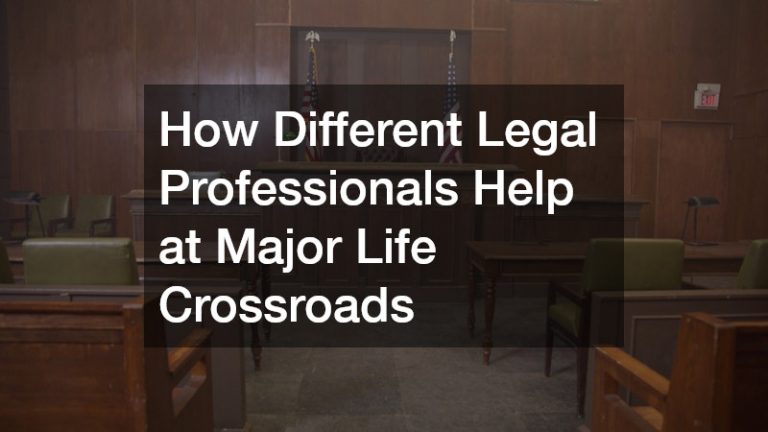How did you find your job? Didn’t you apply for it after reading about the qualifications, requirements, and responsibilities? Have you ever wondered how hiring managers form these job postings according to what they need and what the government asks from them? Yes, that’s true. Aside from making sure that hiring managers find the best people for their organizations, they also need to make sure that they’re not stepping on anybody’s rights.
Experience, education, and ability are the usual requirements for skilled labor jobs. These are the considerations that prospective employers make when filtering out potential employees. They look at the capacities of the candidates, as well as their academic backgrounds and any special skills that they offer.
Identify Your Organization’s Needs
Clearly define what your organization needs. Do you need a bookkeeper or an accountant? Do you need a secretary or a production assistant? Do you need a system engineer or an IT technician? Once you know what you are looking for, it will be easier for you to define the qualifications of any prospective candidates.
Write Down the Job’s Responsibilities
What are the responsibilities of the job? What does the worker need to do daily? Are they going to account for the day’s sales and expenses? Are they going to collaborate with the marketing department? Writing down the job’s responsibilities will give you an overview of the different skills and abilities the candidate must have.
Think About Education and Experience
Do you need someone with a bachelor’s degree or someone with extensive experience in the field? Graduates of the degree you seek have the diplomas to show you. But it does not mean that they are capable of handling the responsibilities of the job. You might want to look at the skills of a candidate before you check their academic background. Many people work in fields they do not have a degree for. And yet, because they have spent so much time in the industry, that has made them quite experts in the job.
Check with Federal Discrimination Laws
The laws protect people from certain types of discrimination, including being discriminated from jobs. If there is even a tinge that you’re limiting your pool of candidates to exclude certain groups of people, you might be facing a lawsuit. Make sure that you’re not stepping on anyone’s toes by being as inclusive as possible. Ask a lawyer to check your job posting so that you can make the appropriate changes.
Manage Your Expectations

Not everyone who’s going to submit their resumes to you will be liable for an interview. You are not required to accommodate everyone. You should manage your expectations when making the job listing. Try not to be too intimidating because others who are equally capable of doing the job may not even try to send in their resumes.
You wouldn’t know from people’s resumes whether they will be a good fit for your organization. Always set an interview first before jumping the gun. First impressions last, yes, but they should not be your sole standard. Your job posting is simply your guide in finding the right candidate for your company. It shouldn’t be the final judgment of whether a person is fit to do the job. You will know that when you meet the candidate in person.







